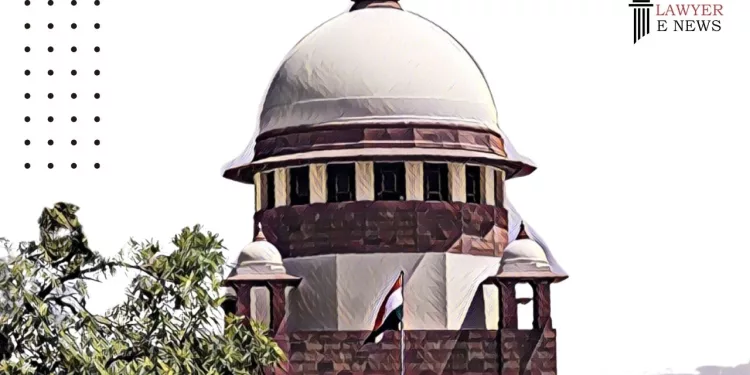Plea of Adverse Possession Requires Specific Pleading and Clear Proof: Supreme Court

In a defining judgment on the principles of adverse possession, the Supreme Court, through Justices Abhay S. Oka and Ujjal Bhuyan, highlighted the crucial need for specific pleadings and clear proof in such claims while dismissing the appeal in M. Radheshyamlal v. V Sandhya and Anr. etc.
Key Legal Point:
The Court underscored that for a claim of adverse possession to succeed, the claimant must provide precise details, including the commencement of possession, its continuity, and its known nature to the true owner. The apex court stated, “the facts constituting the ingredients of adverse possession must be pleaded and proved by the plaintiff.”
Background and Issues:
The dispute centered on property ownership claimed through adverse possession by the appellant. The contention challenged the title derived from a settlement deed and subsequent sale deeds. The appellant argued continuous, open, and uninterrupted possession for over 45 years. In contrast, the respondents, based on settlement and sale deeds, refuted these claims.
Court’s Assessment:
The Court meticulously examined the principles of adverse possession. It was observed that the appellant failed to establish the necessary elements of adverse possession, namely, the exact commencement of possession, its open and uninterrupted nature, and its awareness to the true owner. The Court also addressed the necessity of probate or letters of administration in claiming rights based on wills, particularly in Chennai.
Justice Oka noted, “a plea of adverse possession must establish both possession which is peaceful, open, and continuous possession which meets the requirement of being nec vi nec clam and nec precario.”
Decision:
Concluding that the appellant failed to substantiate claims of adverse possession, the Court dismissed the appeals but granted the appellant an extended period until March 31, 2025, to vacate the property, subject to certain conditions.
Date of Decision: March 18, 2024
Radheshyamlal v. V Sandhya and Anr. Etc.






